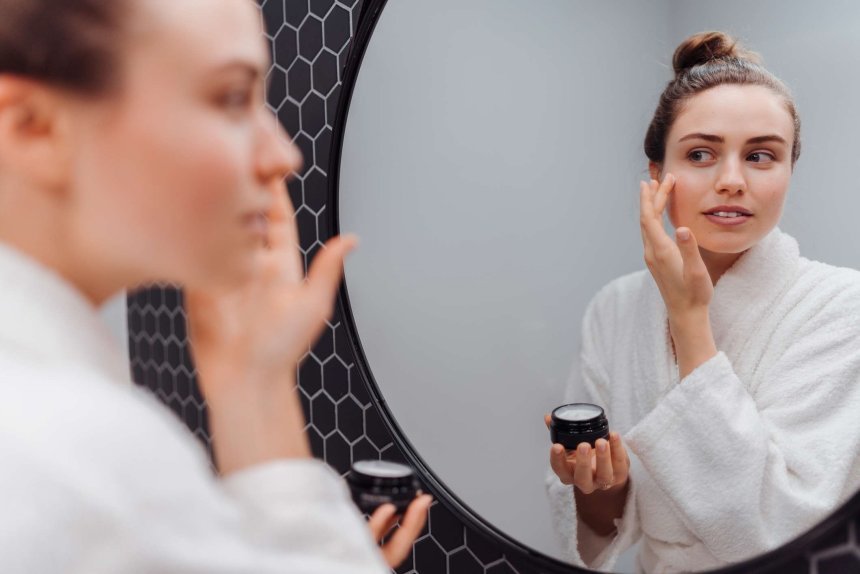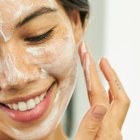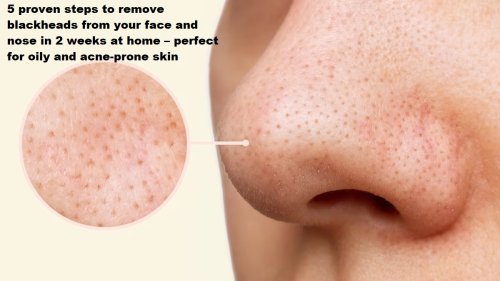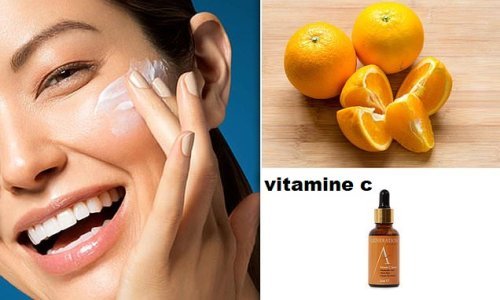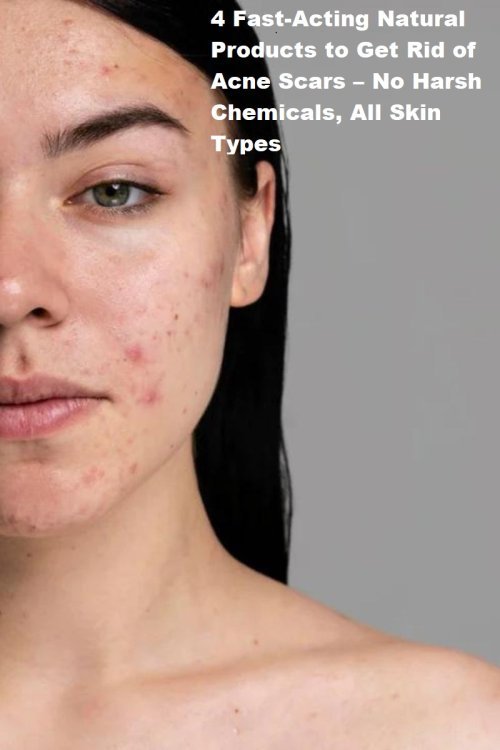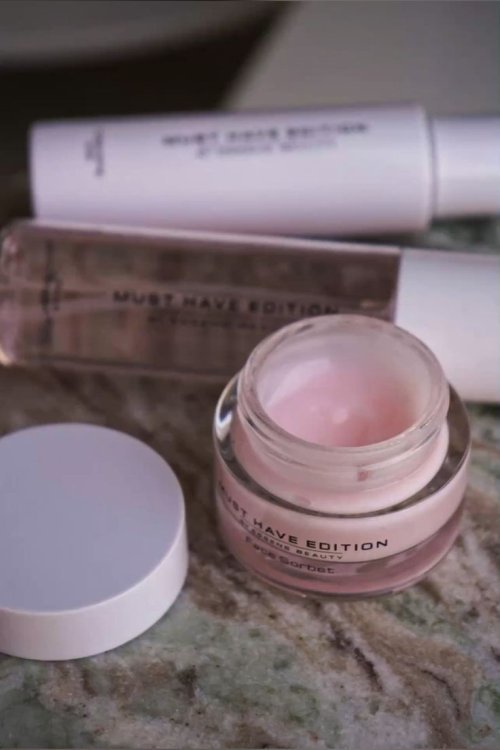Peptides in Skincare - Are They Worth the Hype in 2025?
Peptides in skincare are still trending in 2025 but do they really work? Discover the benefits, types, and how to use peptides for youthful, healthy skin.
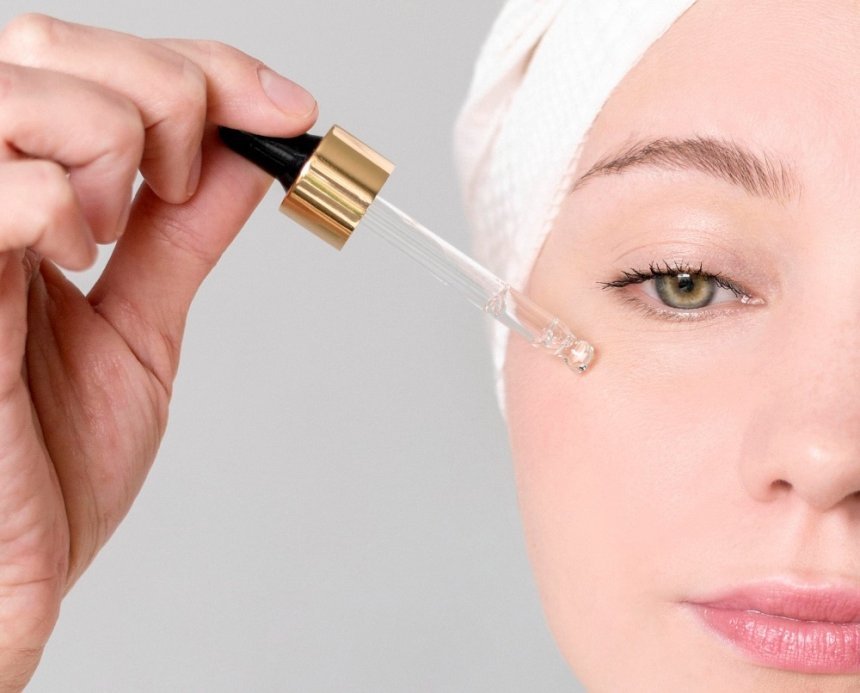
Peptides in Skincare - Are They Worth the Hype in 2025?
If you are a fan of skincare ingredients, I'm sure you have ever checked the label of a serum or a moisturizer. After reading the ingredients, you can see that peptides are one of the listed ingredients.
In 2025, the skincare world continues to buzz with innovative ingredients, and peptides are still at the center of the conversation. From anti-aging creams to hydrating serums, brands are formulating products that promise firmer, smoother, and healthier-looking skin thanks to these powerful amino acid chains. But with so many skincare trends fading quickly, it’s natural to wonder: Are peptides in skincare truly worth the hype, or just another marketing fad?
In this article, we’ll break down what peptides are, how they work, the different types, their proven benefits, and whether investing in peptide-based products in 2025 is a smart move for your skin.
What Are Peptides in Skincare?
Peptides are small fragments of proteins, made up of amino acids. When amino acids link together in specific sequences, they form distinct peptides, and there are hundreds of them. When these peptides combine in certain ways, they create specific proteins.
Proteins like collagen and elastin are the essential structural components of the skin. Without a steady supply of peptides and proteins, the skin loses its strength and elasticity, leading to sagging, wrinkles, uneven texture, and a reduced ability to bounce back.
What makes peptides particularly remarkable is that research shows each type has a unique function, targeting specific skincare concerns. They essentially “instruct” the skin to repair and rebuild these vital proteins, helping restore firmness, smoothness, and overall youthfulness.
Types of Peptides and Their Functions
1. Signal Peptides
These peptides boost the production of collagen and elastin, enhancing the skin’s firmness and refining its texture.
2. Carrier Peptides
These peptides transport vital minerals, such as copper and magnesium, to the skin, supporting its repair and healing processes.
3. Enzyme Inhibitor Peptides
These peptides help prevent the breakdown of collagen and elastin, maintaining the skin’s firmness and youthful look.
4. Neurotransmitter Inhibitor Peptides
Nicknamed “Botox in a bottle,” these peptides help relax facial muscles, reducing the appearance of fine lines and expression wrinkles.
Benefits of Peptides for Skin in 2025
Here are the benefits of peptides for skin in 2025
1. Collagen- and Elastin-Stimulating Peptides
These peptides encourage the skin to produce more collagen and elastin, two key proteins that give skin its structure, elasticity, and firmness. By boosting their production, these peptides help improve skin strength, reduce sagging, and smooth out uneven texture over time. They’re particularly beneficial for aging skin or anyone looking to maintain a youthful, plump complexion.
Also Read: Niacinamide in Skincare - 7 Powerful Reasons to Add It to Your Routine
2. Mineral-Delivering Peptides (Carrier Peptides)
Carrier peptides act as delivery systems, transporting essential trace minerals such as copper and magnesium directly to the skin cells. These minerals play a vital role in supporting enzymatic functions that drive skin repair, wound healing, and overall regeneration. This makes them especially effective for skin recovering from environmental stress, sun damage, or professional treatments.
3. Collagen- and Elastin-Protecting Peptides (Enzyme Inhibitor Peptides)
These peptides work by slowing down the enzymatic breakdown of collagen and elastin, a natural process that speeds up with age, sun exposure, and pollution. By preserving these crucial proteins, they help the skin stay firm, elastic, and resilient for longer, delaying visible signs of aging like wrinkles and sagging.
4. Muscle-Relaxing Peptides (Neurotransmitter-Inhibiting Peptides)
Often nicknamed “Botox in a bottle,” these peptides target the tiny facial muscles responsible for expression lines, such as crow’s feet and frown lines. They work by temporarily reducing muscle contractions, which softens existing wrinkles and helps prevent new ones from forming, all without the need for injections.
Also Check: Mineral vs Chemical Sunscreen: What’s Safer for Sensitive Skin?
Are Peptides Backed by Science?
Yes, several studies have shown peptides can improve skin elasticity, hydration, and overall appearance. However, results depend on the type of peptide, concentration, and formulation. Dermatologists often recommend combining peptides with other active ingredients like niacinamide, vitamin C, and hyaluronic acid for enhanced results.
How to Use Peptides in Your Skincare Routine
- Choose the Right Product Form – Serums and creams work best for deep penetration.
- Apply on Clean Skin – Use after cleansing and toning, before heavier moisturizers.
- Combine with Hydrating Ingredients – Helps lock in moisture for maximum effect.
- Be Consistent – Visible improvements usually take 6–12 weeks.
Are Peptides Worth the Hype in 2025?
Yes, for most people. Peptides aren’t just a passing trend; they’re supported by science, effective for multiple skin concerns, and compatible with nearly all skin types. However, they work best as part of a complete skincare routine rather than a miracle ingredient on their own.
Final Thoughts
In 2025, peptides remain one of the most promising skincare actives for improving skin health and slowing visible signs of aging. If you’re looking for a gentle yet effective way to support collagen production, strengthen your skin barrier, and improve texture, peptides deserve a spot in your daily routine.
Share
What's Your Reaction?
 Like
0
Like
0
 Dislike
0
Dislike
0
 Love
0
Love
0
 Funny
0
Funny
0
 Angry
0
Angry
0
 Sad
0
Sad
0
 Wow
0
Wow
0


